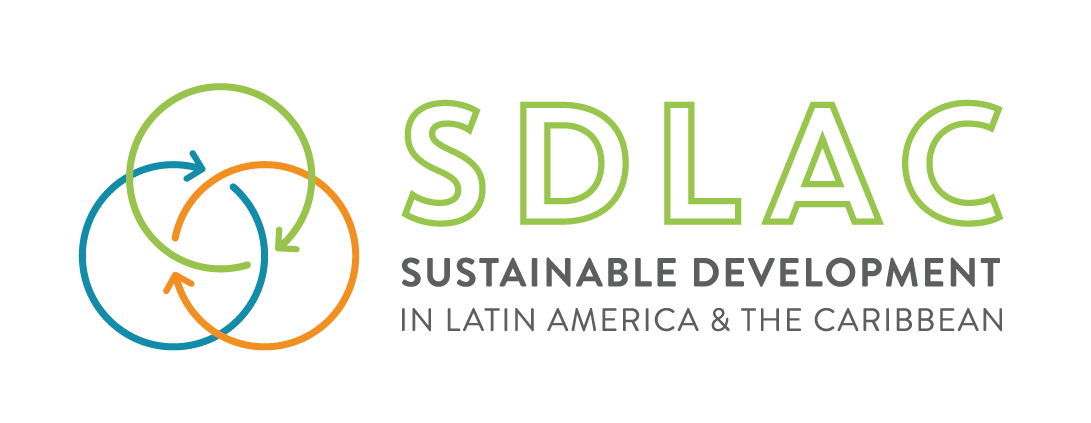Climate Finance for Adaptation: Assessing the Role, Effectiveness, and Future of International Funding Mechanisms
Description: There is a clear a gap between the finance available and the finance needed to adapt to climate change. In 2016, global public finance flows for adaptation were estimated at US$23 billion (UNEP, 2018). However, the international flows of public concessional adaption finance are not enough on their own to meet the scale of adaptation finance needed. What are the challenges and opportunities faced by Latin American and Caribbean countries to access and implement adaptation funding? What is the role of direct access? How can the adaptation finance gap be addressed? What role can the private sector have in mobilizing additional funds? This panel brings together practitioners from across the international climate finance regime to discuss some of these questions. It will introduce the challenges and opportunities for financing adaptation, examples of projects that increase resilience, and most importantly, what the pathways ahead might be to mobilize the necessary finance.
Micro-finance as a tool to solve local level climate issues.
Description: This panel will present complementary perspectives about microfinance solutions that are contributing to alleviate climate change issues in Latin American communities. Bringing practitioners from development organizations, the private sector, and government institutions, this panel will bring stories to understand the different challenges that communities from different countries are starting to face due to rapidly changing climate conditions. We will learn about the role of micro-finance for adaptation and its contribution to the broad climate finance initiative.
Examining Gender Visibility and Mainstreaming in Climate Adaptation and Disaster Risk Resilience
Description: Efforts across the region to add a gender lens to adaptation and DRR initiatives have increased markedly. They underscore the specific vulnerabilities of men and women in post-disaster scenarios according to their socio-cultural roles, and the urgency of addressing these vulnerabilities in the wake of a changing climate. What have we learnt thus far about how men and women are coping? and what more needs to be done? This panel hopes to explore the experience of governments, academia, and businesses in tangibly incorporating gendered nuances within their planning processes and projects, the lessons learned of doing do, and will attempt to shed some light on elements that remain “invisible”.
Creating Climate Resilient Landscapes: Agriculture, Forests, and Other Land Use
Description: Rural communities and small holder farmers face unique challenges in a changing climate. This panel will explore what land use, political, social, technological or other strategies help these groups adapt to climate change while building local capacity. We will learn about the principles of climate-smart agriculture, lessons learned from climate change adaptation initiatives, and future opportunities for climate change adaptation. Our speakers will discuss what barriers exist in the local context and current infrastructure and address how rural communities and farmers can overcome these challenges.
Climate Risks and Disasters: Water Management as a Tool for Resilience
Description: With over 54% of the world’s population in urban areas, adaptation and management of water resources is becoming an increasingly important issue. Due to climate change, sea level is rising and extreme weather events are increasingly more common. In tandem with outdated urban planning and water management strategies, flooding and poor water quality are disproportionately affecting marginalized communities all over the globe. This panel highlights these complex issues and how they relate to climate change adaptation in urban areas. Recognizing that water management in urban areas is intrinsically linked with resiliency, we want to look at how these issues arise, who they affect, and what is being done to create change.
